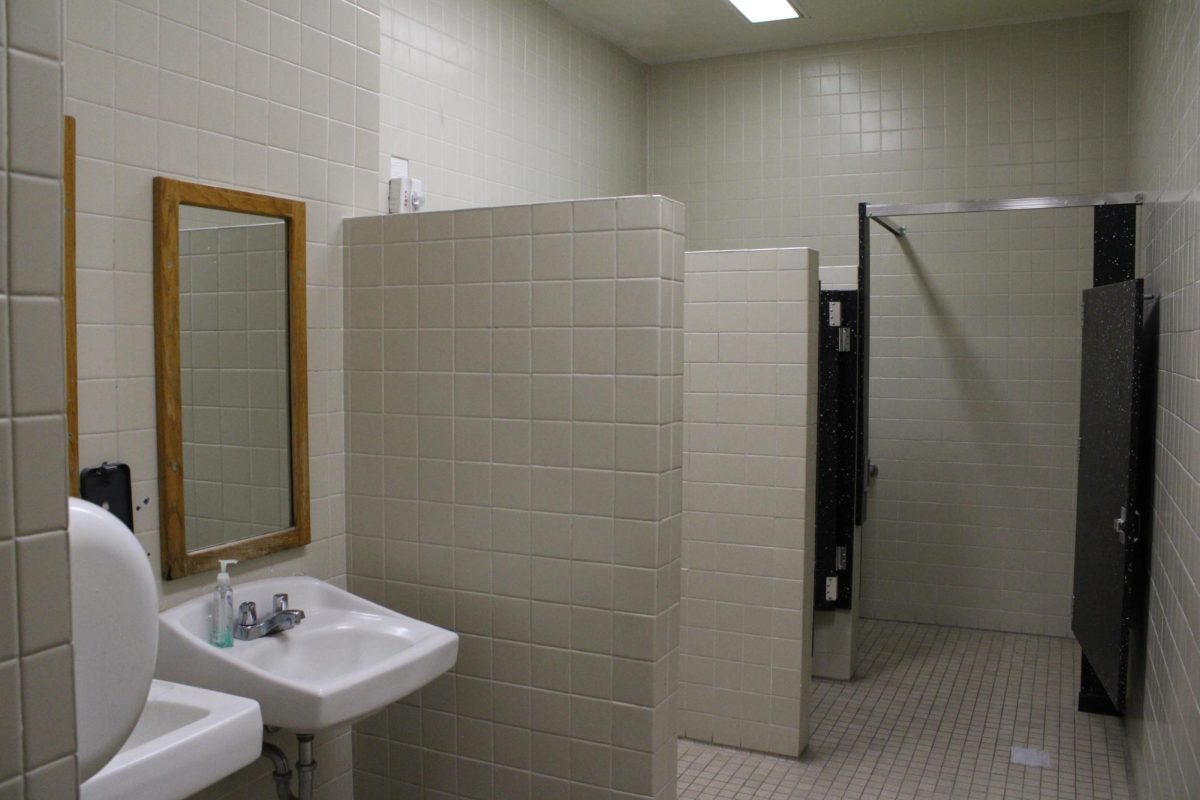Misunderstood religion rightfully deserves protection, respect
February 19, 2016
Historically, religion has been the fuel for war, uprisings and disputes that last for centuries. Today, we find religion mixing with politics and social norms. The constant struggle of determining which system of beliefs is “right” often catapults religious people into stressful (and sometimes violent) debates.
In America, the most widely-practiced religion is Christianity. This includes the many denominations of the faith, which carry their own percentages of the religious population. Upwards of 75 percent of Nebraska’s religious citizens identify with some form of Christianity.
On the opposite end of the spectrum, a recent surge in popularity has caused Satanism to gain a sizeable amount of acolytes. Satanism is often portrayed negatively in the media, and many active followers of the religion claim that their beliefs are misinterpreted.
Traditional Satanism follows the concept of self-advancement, as opposed to the violent, cult-like behavior that is seen so frequently in entertainment.
Christianity conflicts with Satanism in the sense that each side has their own idea of good and evil. This religion depicts Satan, or “the devil”, as a villain who intends to trick and manipulate people into losing their purity and morale.
This interpretation causes Christians to immediately associate the devil with negativity, and therefore creating a massive social taboo. Think of it as disliking the antagonist of a book, just as much as everyone else who reads it.
Alternatively, Satanism does not associate with a deity. With that being said, it does not have a respective “god” figure. Instead, the Church of Satan follows a code of morale called “tenets”. These guidelines essentially mirror the ethics of the Ten Commandments, but do not mention or require dedication to a single higher power. So in short, Satanism and Christianity share a lot of the same core principles.
Misconceptions cause judgment and prejudice. Not every Christian is homophobic, hypocritical and entitled. These are stereotypes formed within society that do not do the religion justice.
The same goes for Satanists. True Satanists do not practice “devil worship” or perform violent sacrificial rituals. The very purpose of a sacrifice is to “satisfy” a higher power of some sort. Without an official supernatural diety, this bloody practice doesn’t even apply to the Satanist religion.
The Church of Satan explains their objectives on their website. “We Satanists are thus our own “Gods,” and as beneficent “dieties” we can offer love foe those who deserve it and deliver our wrath (within reasonable limits) upon those who seek to cause us-or that which we cherish-harm.” they said.
In truth, Satanists are actually Atheists. Instead of directing faith towards a higher power, Satanists focus more on their individuality. This basically replaces the “god” figure with themselves. Self-improvement is essentially what they focus on, which is greatly reflected in their tenets. To them, Satan is considered a symbol of rebellion against tyranny and hypocrisy, as opposed to a replacement for God.
Religious freedom is a guaranteed right to any US citizen. However, religious inequality and discrimination are still prevalent issues in American society. It’s not a mystery, religion creates the effect of elitism.
Christian material is taught in Catholic schools, but imagine if a group of Satanists wanted to build an educational facility with their practices implemented into the learning material. Suddenly, the separation of church and state would become a very breakable boundary.
Speaking truthfully, Nebraska’s primarily Christian population would be in uproar if such an institution was even suggested.
The Reformed Church of Satan has its own views on the coexistance of religion and education. “…prayer in school is a good thing, but only when it is fair and balanced across all faiths.”, they said. An accurate understanding of a religion’s customs and beliefs must be achieved for true equality.
With this being said, all faiths have to be considered. Satanism and Christianity have a lot of contrast in terms of followers (which causes controversy), but other religions deserve just as much attention and privilege.
Although Satanists and Christians are viewed as polar opposites, they have many similarities. With this being addressed, it makes sense for the two to have equal opportunities and rights.
Typical Satanists aren’t bad people. The same goes for Christians. This is why the discrimination and unbalanced connotations between the two need to be put to rest. Prayer in schools, equal praise in the media and adequate religious accomodations can definitely be obtained for Satanists.
Though it is unlikely, we may see the followers of these two faiths at ease in the distant future. This can be accomplished when the hurdle of misunderstanding and early judgment is overcome.
Satanism is celebrating its 30th anniversary this year. Satanic churches and organizations are taking full advantage of this by spreading awareness and education on their practices. This will hopefully desensitize the concept of Satanism in a healthy way, which will eventually help eliminate the awkward taboos created by the society. Unfortunately, the general public still has a ways to go in terms of religious acceptance.


















